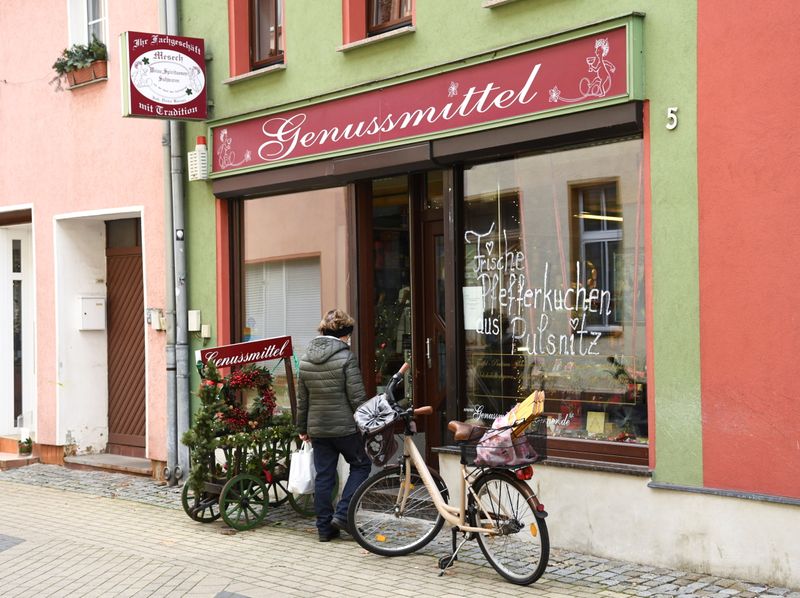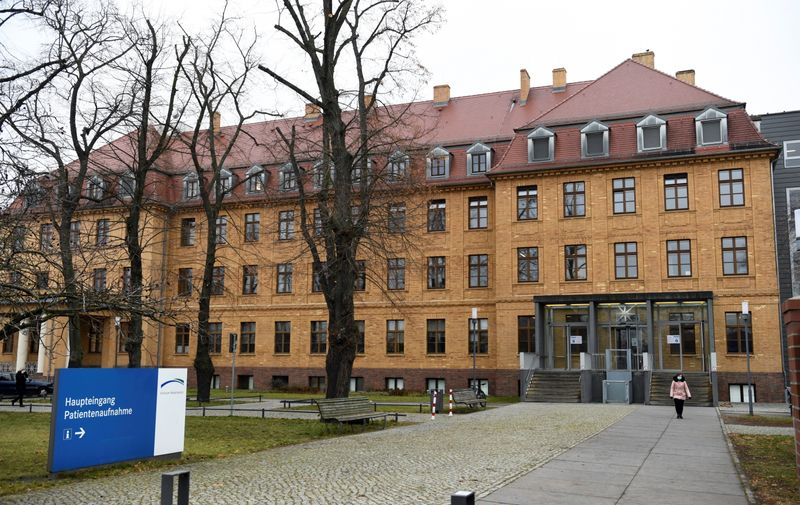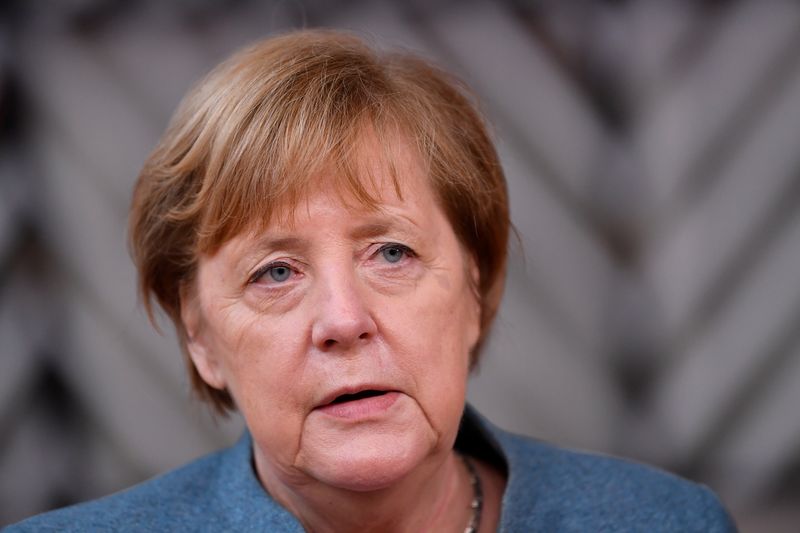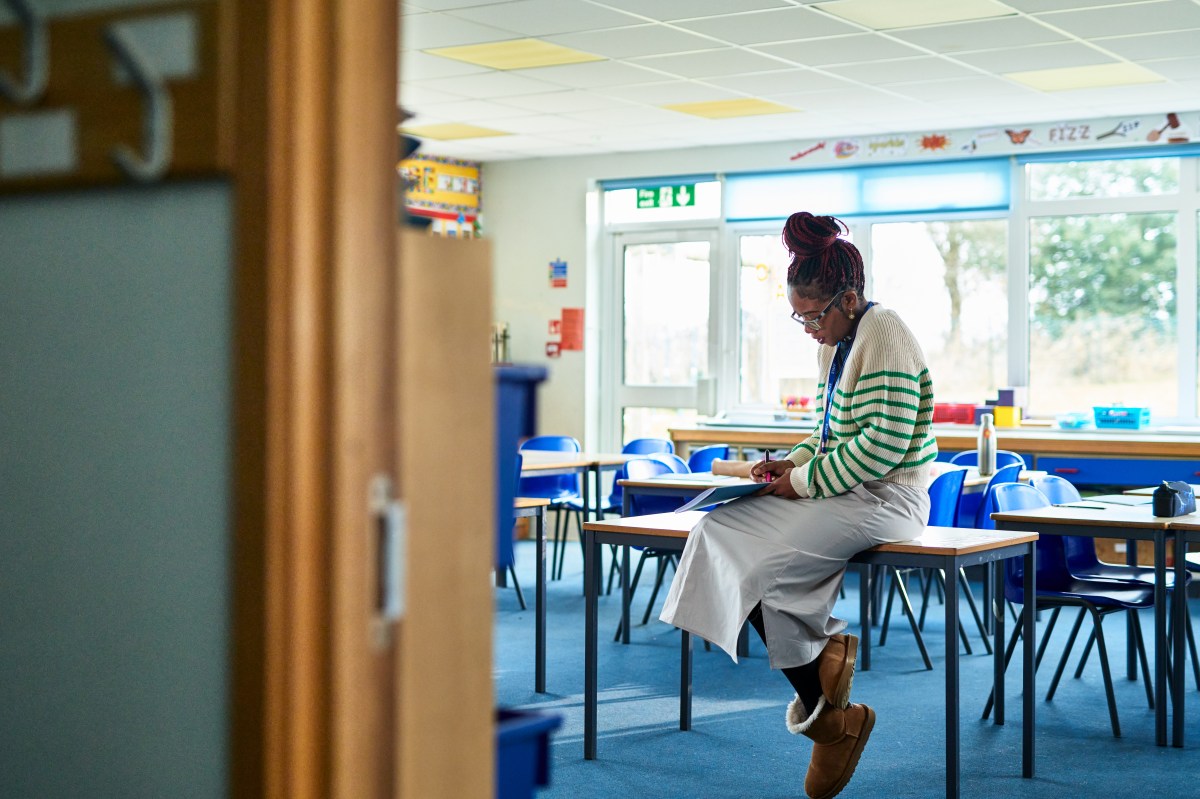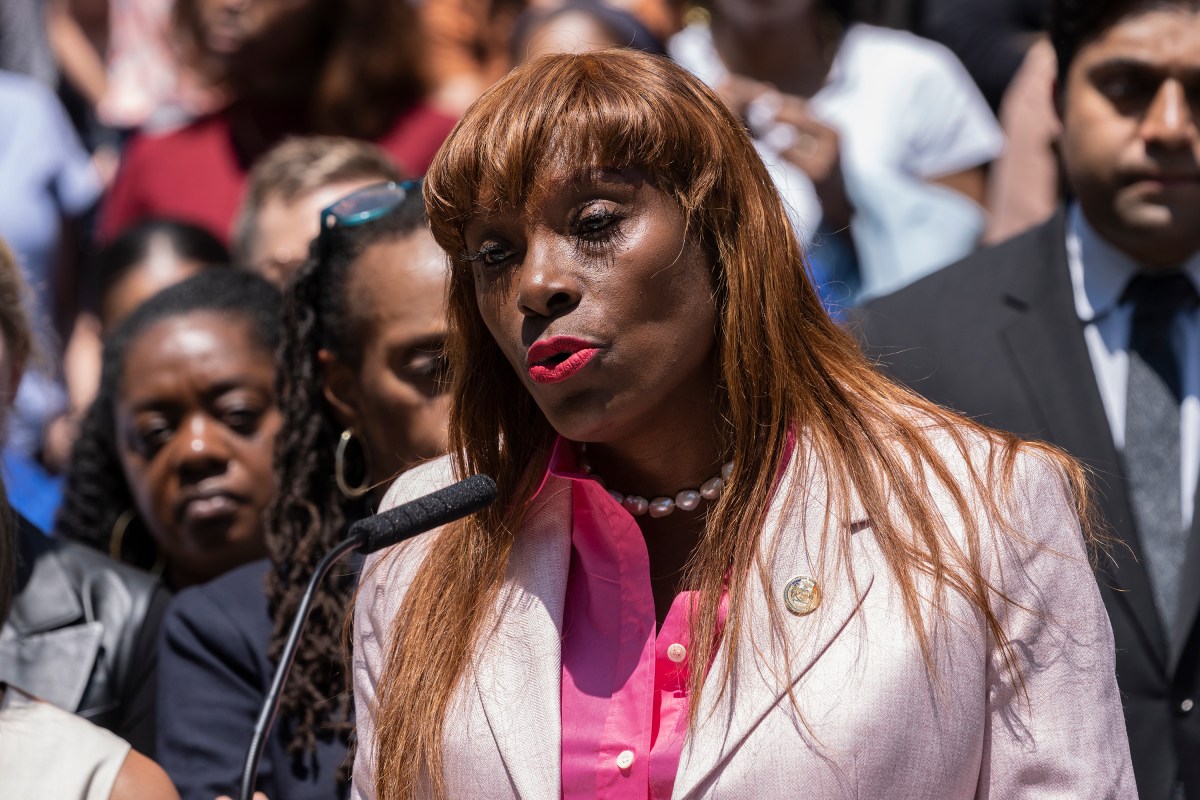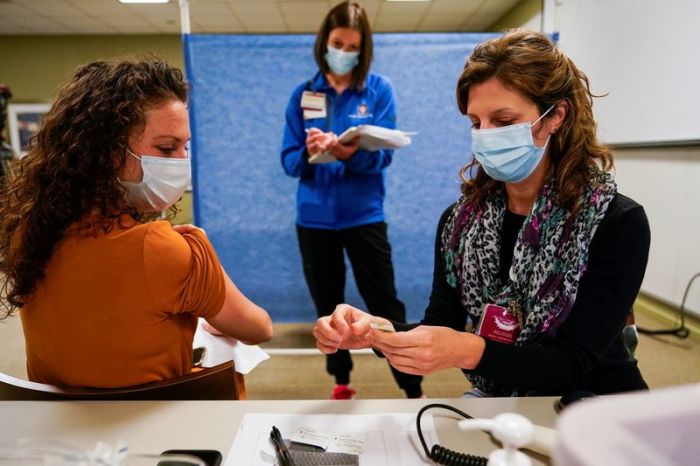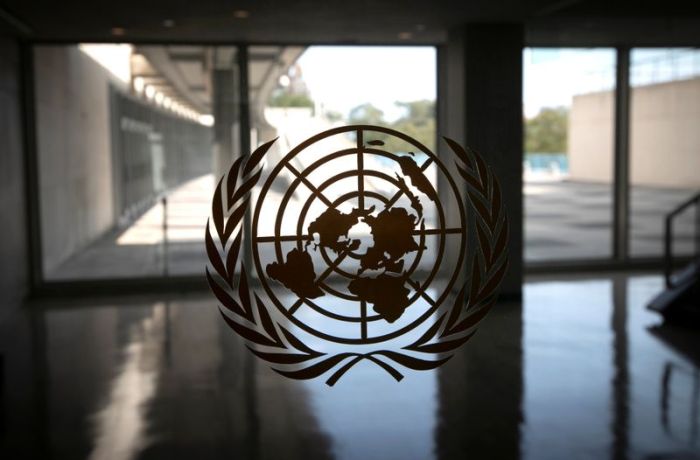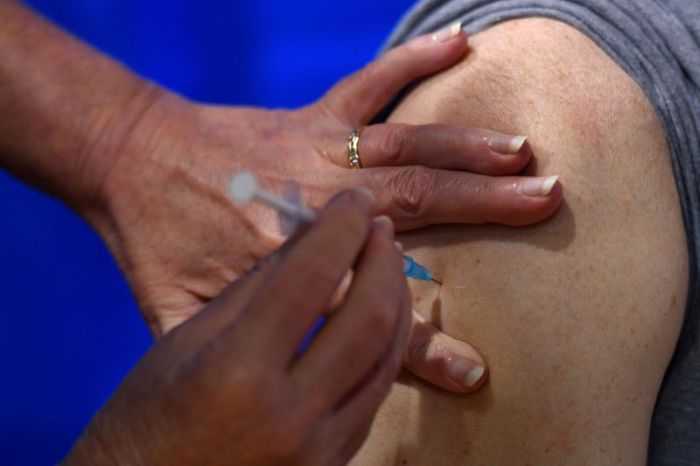BERLIN (Reuters) – Germany will have to impose tougher coronavirus restrictions before Christmas to try to get the pandemic under control, ministers and regional leaders said on Friday, as Baden-Wuerttemberg became the latest state to impose a night curfew.
The country has been in partial lockdown for six weeks, with bars and restaurants closed but shops and schools open.
Some regions have already imposed tougher measures, and more and more state leaders threw their weight behind a nationwide lockdown as daily numbers of new infections and deaths hit new records.
Interior Minister Horst Seehofer said Germany needed a hard lockdown before Christmas if it wanted to slow the spread, while the country’s health and economy ministers also said existing measures would have to be extended.
“This will lead to a lockdown that is similar in many ways to what happened in the early part of the year,” Economy Minister Peter Altmaier told a virtual news conference.
Armin Laschet, the premier of North Rhine-Westphalia, Germany’s most populous state, called for a national curbs “as soon as possible” and said state leaders should meet with Chancellor Angela Merkel to agree on curbs this weekend.
“We cannot wait until Christmas. We have to act quickly,” he told a news conference.
A government spokeswoman said there was no fixed date for another summit with state leaders but said Merkel is open to further meetings.
Germany, which has Europe’s largest economy, was more successful than many European countries in keeping the pandemic under control in the first wave in March and April, but it has been struggling to turn the tide in the second wave.
Some regions have already tightened restrictions.
People in Baden-Wuerttemberg, in southwest Germany, will be banned from Saturday from going outside between 8 p.m. and 5 a.m. except for work and essential reasons and will also be encouraged to stay at home during the day, state premier Winfried Kretschmann said on Friday.
Since Wednesday, people in Bavaria have been allowed to leave home only for essential reasons, while Berlin wants to close shops and extend the school Christmas holidays.
Daily new coronavirus infections climbed to nearly 30,000, while the daily death toll was almost 600, data from the Robert Koch Institute (RKI) for infectious diseases showed on Friday.
The number of deaths in Germany in the second full week of November was around 8% above the average seen in the years 2016-2019, the RKI said.
(Reporting by Thomas Seythal, Caroline Copley, Tom Kaeckenhoff and Andreas Rinke; Writing by Caroline Copley; Editing by Mark Heinrich and Frances Kerry)

